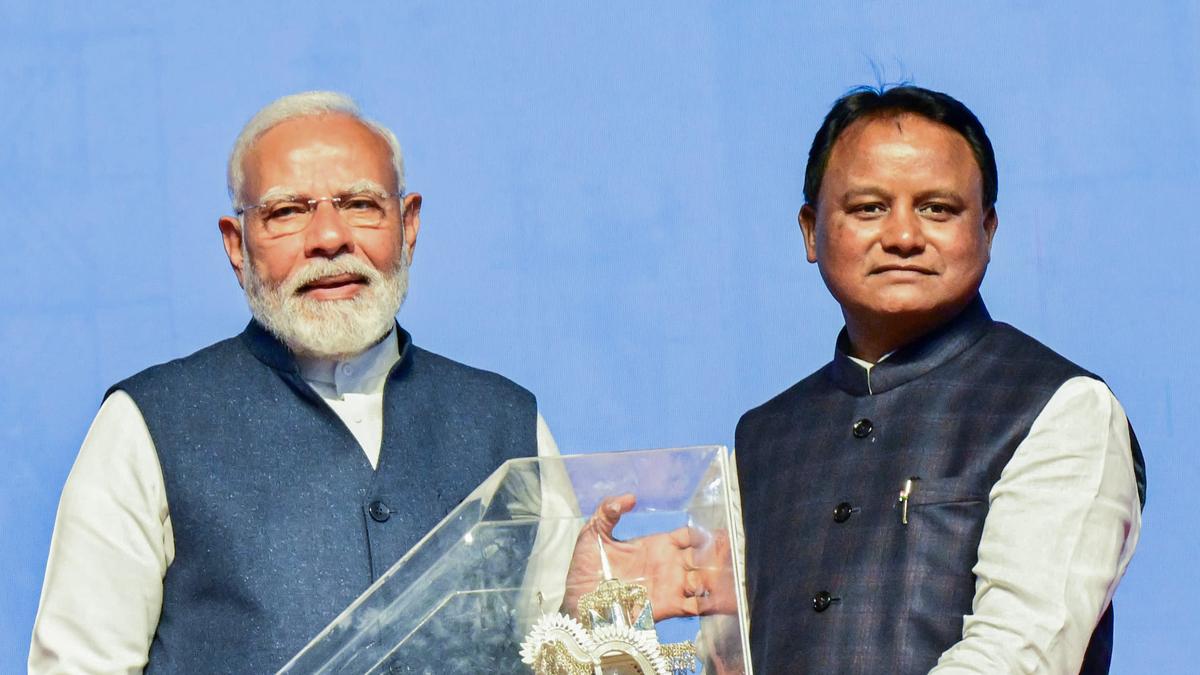
Odisha joins States’ pitch for 50% share of divisible tax pool
The Hindu
Odisha seeks Rs 12,59,148 Crore from 16th Finance Commission for 2026-31, emphasizing need for enhanced financial devolution.
Odisha has joined the growing demand for the Finance Commission to raise States’ share in India’s divisible tax pool to 50%, from about 41% currently. The Sixteenth Finance Commission chairman Arvind Panagariya acknowledged the broader call by many States for a higher allocation.
The Constitutional panel, in Odisha from February 4 to 7 as part of its consultation process, has discussed the criteria for deciding the financial needs and the devolution formula with Chief Minister Mohan Majhi, political leaders, trade bodies, experts and urban local bodies.
“We have placed a demand that States’ share in the tax pool be enhanced to 50%. Besides, the gross tax income of Government of India is distributed among the States on the basis of a defined formula. Accordingly, share of Odisha stands at 4.528%. We have demanded to enhance the share of Odisha to 4.964%,” the Odisha CM said.
Odisha also demanded an increase in the central share in the corpus of the State Disaster Relief Fund from 75% to 100%, as the State faces frequent disasters. The Odisha CM has sought ₹12,59,148 crore from the Commission for the five-year period from 2026-27 to 2030-31, noting that “the funds will help the State in steering the roadmap to a Samruddha (prosperous) Odisha by 2036.”
Acknowledging the State’s demand, Mr. Panagariya said, “We have received requests from the majority of States we visited to increase the State’s share in the divisible pool to 50%. However, a few States indicated they could manage if the share is raised to at least 45%.”
Odisha pointed out that the use of the entire population as a determinant of tax devolution (as differentiated from the its use purely for scaling purposes) as a negative line of thinking, because it denotes the entire population is a liability.
“A better approximation of the government liability would be population share modified by the share of vulnerable population (say SC and ST) and those requiring special attention (people above 80 years of age and widows without any support). We suggest that such a modified population variable be used in the devolution formula instead of the entire population with a weight of 15%,” the State government emphasised in its presentation.













